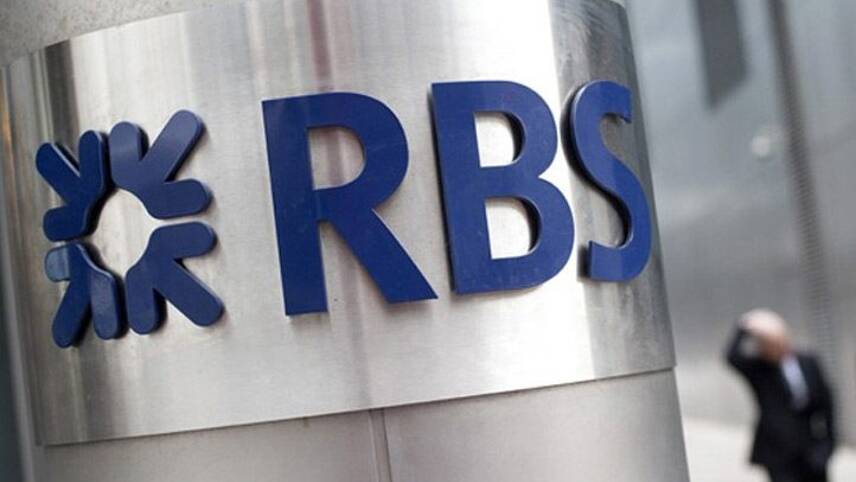Register for free and continue reading
Join our growing army of changemakers and get unlimited access to our premium content

RBS will stop all lending cases to companies that have at least 15% of their activities linked to coal
New chief executive Alison Rose has today (14 February) confirmed that RBS will rebrand as the NatWest Group – its largest owned banking brand – later this year. To kickstart the relaunch, the bank has unveiled a plethora of new climate commitments.
RBS has committed to achieving net-zero emissions across its own operations this year, before transitioning to a “climate-positive” footprint five years later. In addition, the bank has pledged, at minimum, to halve the climate impact of its financing activities.
The financing activities include lending and underwriting to companies, and RBS has confirmed that it will halt those activities for oil and gas companies unless they can showcase “transition” plans that are aligned with the Paris Agreement by the end of 2021.
“The way people live their lives has changed,” said Rose, who was appointed in September 2019. “Expectations of companies are changing too; looking for us to deliver not only financial performance but a positive contribution to society; benefitting customers and communities as well as shareholders. The future of this bank depends on us successfully delivering on both.”
As part of the finance strategy, RBS will stop all lending cases to companies that have at least 15% of their activities linked to coal – again subject to a credible transition plan. Oil, coal and gas investments, worth around £6bn to the company, with be phased-out completely by 2030.
Energy efficiency drive
In April 2019, RBS committed to the EV100 initiative, which aims to help make zero-emission transport “the new normal” by 2030. Under EV100, RBS will replace 300 vehicles fleet with fully electric alternatives on an ongoing basis. To support this shift, it will install a further 450 EV chargers across its estate by 2025 and take its total charge point stock past the 600 figure by 2030.
The bank has also joined the EP100, which is run in partnership with the Alliance to Save Energy and delivered in association with the World Green Building Council’s (WGBC) net-zero carbon buildings commitment team. The programme’s aim is to “bring together a growing group of energy-smart companies” to make energy efficiency an integral part of business strategies.
RBS will aim to increase its energy productivity by 40% by 2025, against a 2015 baseline, under EP100. The move builds on its investment in upgrading 103 Building Management Systems (BMS) for greater energy efficiency.
The bank has today confirmed that 50% of the buildings in its mortgage book will have an Energy Performance Certificate (EPC) rating of at least C by 2030, in line with Government targets.
RBS has also announced it will add an extra £20bn to finance and fund programmes focusing on green buildings, renewables installations, low-carbon transport and resource efficiency measures, up to 2022.
Matt Mace


Please login or Register to leave a comment.